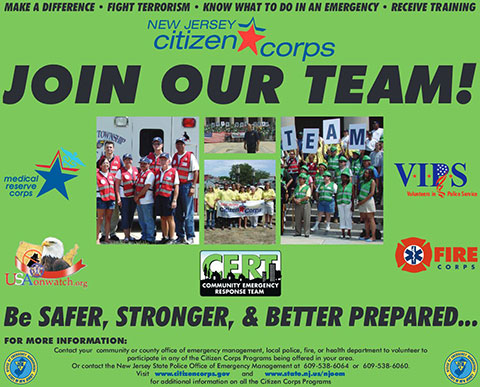New Jersey Citizen Corps

New Jersey Citizen Corps volunteers help their communities prepare for and respond to all types of disasters through education, training and volunteer service. Based on the tradition of "neighbor helping neighbor," Citizen Corps programs build strong communities, enhance the capabilities of emergency services organizations, and empower individuals to act responsibly and respond appropriately during critical times.
There are over 10,000 Citizens Corps volunteers in 208 New Jersey communities. These dedicated individuals have helped search for missing children, served as community relations field officers after disasters, worked in local emergency operations centers during disaster simulations and emergency events, assisted with shelter operations, aided coordination at community events and helped other community members be better prepared for disasters.
JOIN OUR TEAM!
There are a variety of opportunities to meet your skills and interests.
Download the Join Our Team poster (16mb pdf)
The Community Emergency Response Team (CERT) program helps train people to be better prepared to respond to emergency situations in their communities. When emergencies happen, CERT members can give critical support to first responders, provide immediate assistance to victims, and organize spontaneous volunteers at a disaster site. CERT members can also help with non-emergency projects that help improve the safety of the community. CERT is a nationwide initiative.
Read more about the Community Emergency Response Team (CERT) program
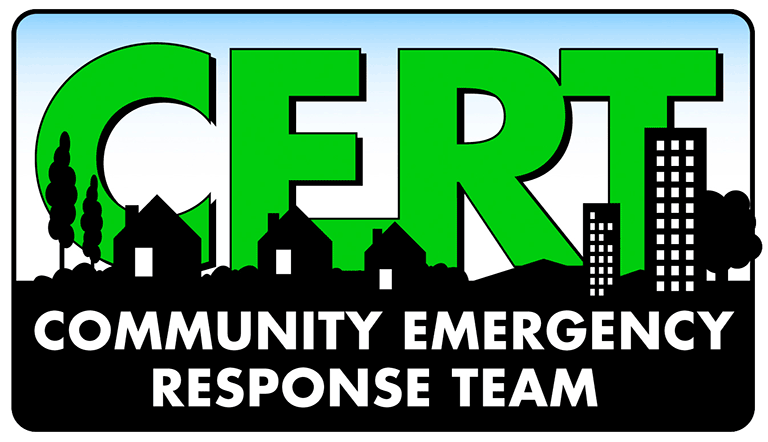
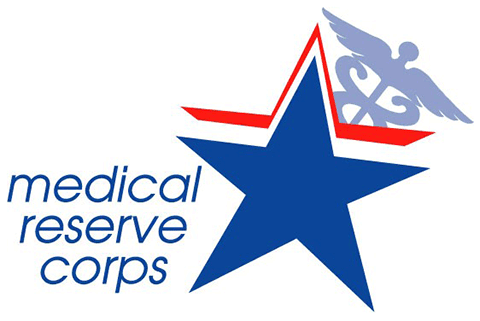
The Medical Reserve Corps (MRC) Program coordinates the skills of practicing and retired physicians, nurses and other health professionals as well as other citizens interested in health issues, who are eager to volunteer to address their community's ongoing public health needs and to help their community during large-scale emergency situations.
Local community leaders will develop their own Medical Reserve Corps Units and identify the duties of the MRC volunteers according to specific community needs. For example, MRC volunteers may deliver necessary public health services during a crisis, assist emergency response teams with patients, and provide care directly to those with less serious injuries and other health-related issues. MRC volunteers may also serve a vital role by assisting their communities with ongoing public health needs (e.g., immunizations, screenings, health and nutrition education, and volunteering in community health centers and local hospitals). Once established, how the local MRC Unit is utilized will be decided locally. The MRC unit will make decisions, with local officials, including the local Citizen Corps Council, on when the community Medical Reserve Corps is activated \ during a local emergency.
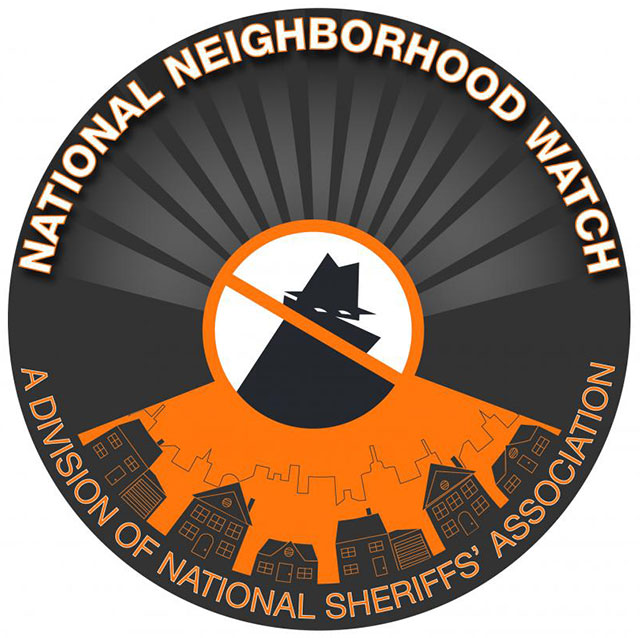
The National Neighborhood Watch Program is a highly successful effort that has been in existence for more than thirty years in cities and counties across America. It provides a unique infrastructure that brings together local officials, law enforcement and citizens to protect our communities.
Around the country, neighbors for three decades have banded together to create Neighborhood Watch programs. They understand that the active participation of neighborhood residents is a critical element in community safety - not through vigilantism, but simply through a willingness to look out for suspicious activity in their neighborhood, and report that activity to law enforcement and to each other. In doing so, residents take a major step toward reclaiming high-crime neighborhoods, as well as making people throughout a community feel more secure and less fearful.
In the aftermath of September 11, 2001, the need for strengthening and securing our communities has become even more critical, and Neighborhood Watch groups have taken on greater significance. In addition to serving a crime prevention role, Neighborhood Watch can also be used as the basis for bringing neighborhood residents together to focus on disaster preparedness as well as terrorism awareness; to focus on evacuation drills and exercises; and even to organize group training, such as the Community Emergency Response Team (CERT) training.
Many neighborhoods already have established Neighborhood Watch programs that are vibrant and effective. For those that do not, Citizen Corps and the renewed emphasis on citizen preparedness may provide the incentive for them to participate in this important community-based effort on behalf of their friends and neighbors. And when you help your neighbors, you help the nation.
For information about the National Neighborhood Watch Program, please visit:
National Neighborhood Watch Program Web site
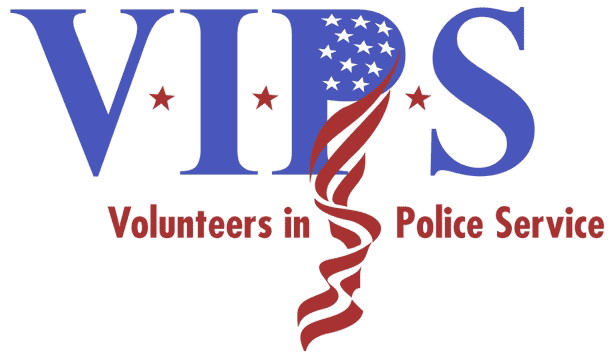
Since September 11, 2001, the demands on state and local law enforcement have increased dramatically. As a result, already limited resources are being stretched further at a time when our country needs every available officer out on the beat. Some local police departments are turning to civilian volunteers to supplement their sworn force. These vital efforts will receive new support through the Volunteers in Police Service. VIPS draws on the time and considerable talents of civilian volunteers and allows law enforcement professionals to better perform their frontline duties.
The Program will provide resources to assist local law enforcement officials by incorporating community volunteers into the activities of the law enforcement agency, including a series of best practices to help state and local law enforcement design strategies to recruit, train, and utilize citizen volunteers in their departments.
For information about the National Volunteers in Police Service, please contact your local police department.
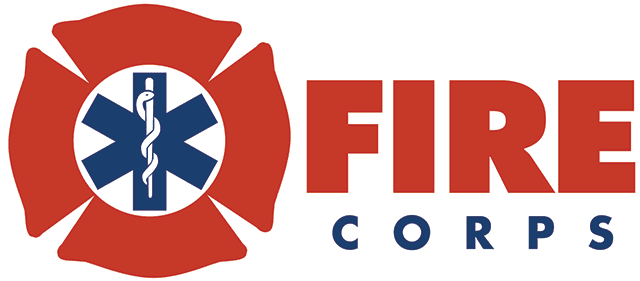
The mission of Fire Corps is to enhance the ability of fire departments to utilize citizen advocates and provide individuals with opportunities to support their local fire departments with their time and talent.
Fire Corps is a partnership between the International Association of Fire Chiefs' Volunteer Combination Officers Section (VCOS), the International Association of Fire Fighters (IAFF), the National Volunteer Fire Council (NVFC), and the White House's USA Freedom Corps Office. The program's ultimate goal is to support and supplement resource-constrained fire departments at all levels, volunteer, combination, and career.
This will be accomplished through the use of civilian advocates for non-operational related activities. The program will educate fire departments on how to implement a non-operational citizen advocates program, or improve existing programs. Fire service input to the program is provided through the Fire Corps National Advisory Committee which gives strategic direction and important feedback from the field to Fire Corps.
For information about the National Fire Corp, please visit:
National Fire Corps Web site


